Κείμενο
Η βιταμίνη Β12 είναι εξαιρετικά σημαντική για την υγεία, για αυτό είναι μία από τις λίγες βιταμίνες τις οποίες οι περισσότεροι γιατροί μετρούν συστηματικά όταν κάνουν οι ασθενείς τους γενικές εξετάσεις. Η βιταμίνη Β12 συμμετέχει σε πολλές σημαντικές διαδικασίες στον οργανισμό, όπως στη σύνθεση του DNA, την παραγωγή ενέργειας και την καλή λειτουργία του νευρικού συστήματος. Η βιταμίνη Β12 υπάρχει σε αφθονία σε αρκετές τροφές, αλλά πολλοί άνθρωποι εμφανίζουν έλλειψη, γιατί η απορρόφηση της είναι πολύπλοκη και απαιτεί πολύ καλή λειτουργία τόσο του στομάχου όσο και του λεπτού εντέρου. Πράγμα που δυστυχώς δεν είναι πολύ συχνό, ειδικά σε άτομα μεγαλύτερης ηλικίας. Επίσης, πολλά φάρμακα που συνταγογραφούνται συστηματικά μειώνουν σημαντικά την απορρόφηση της βιταμίνης Β12, όπως τα φάρμακα που δίνονται για το στομάχι και κάποια από τα φάρμακα που δίνονται για το διαβήτη. Εάν παίρνετε φάρμακα για να προστατέψετε το στομάχι σας είναι πολύ πιθανόν τα επίπεδα της βιταμίνης Β12 στο σώμα σας να είναι μειωμένα. Σε μία μελέτη που είχα δημοσιεύσει όσο ήμουν στο νοσοκομείο είχα παρατηρήσει ότι ένα στα τέσσερα άτομα άνω των 65 έπασχε από κάποιας μορφή έλλειψης βιταμίνης Β12. Μεγάλη σύγχυση επίσης προκαλείται από το γεγονός ότι τα όρια της ιδανικής βιταμίνης Β12 στο αίμα δεν έχουν ξεκαθαρίσει, με αποτέλεσμα να ακούτε διχασμένες πληροφορίες σχετικά με αυτά. Καλό είναι να θυμάστε ότι η βιταμίνη Β12 καλό είναι να είναι πάνω από 300 pg/mL για να είστε σίγουροι ότι υπάρχει επάρκεια της βιταμίνης στο σώμα σας. Αν τα επίπεδα της βιταμίνης Β12 στο σώμα είναι αρκετά χαμηλά είναι πολύ πιθανό να εμφανίσετε ένα από τα επόμενα συμπτώματα που θα περιγράψω. Κόπωση. Η βιταμίνη Β12 είναι αναγκαία για να λειτουργούν τα κύτταρα φυσιολογικά. Όταν υπάρχει έλλειψη σε βιταμίνη Β12 τότε εμφανίζεται κόπωση. Παραδοσιακά αυτό οφείλεται στο γεγονός ότι η έλλειψη Β12 οδηγεί σε αναιμία, αλλά πρόσφατα στοιχεία δείχνουν ότι κόπωση μπορεί να εμφανιστεί ακόμα και σε άτομα που δεν έχουν την τυπική

μεγαλοβλαστική αναιμία. Χλωμό χρώμα δέρματος. Ευτυχώς, η τυπική μεγαλοβλαστική αναιμία μου χαρακτήριζε στο παρελθόν την έλλειψη βιταμίνης Β12 δεν τη συναντάμε πλέον. Σε περίπτωση όμως που η έλλειψη βιταμίνης Β12 συνοδεύεται από αναιμία, τότε θα δούμε και το χρώμα του δέρματος να γίνεται πιο χλωμό. Πονοκέφαλος. Ο πονοκέφαλος είναι από τα πιο συχνά συμπτώματα έλλειψης βιταμίνης Β12. Στις μελέτες έχει φανεί ότι τα άτομα που έχουν επάρκεια σε βιταμίνη Β12 έχουν ως και 80% μικρότερη πιθανότητα να εμφανίσουν ημικρανίες σε σχέση με άτομα που είχαν έλλειψη σε βιταμίνη Β12. Υπάρχουν επίσης ξεκάθαρα στοιχεία που δείχνουν ότι σε αυτές τις περιπτώσεις η χορήγηση βιταμίνης Β12 μειώνει τη συχνότητα των ημικρανιών για τον πονοκεφάλων. Κακή διάθεση. Όπως είπαμε στην εισαγωγή, η βιταμίνη Β12 είναι πάρα πολύ σημαντική για τη σωστή λειτουργία του νευρικού συστήματος. Στις μελέτες έχει φανεί ότι τα άτομα που έχουν χαμηλή βιταμίνη Β12 είναι πολύ πιο ευάλωτα στην κατάθλιψη και το άγχος. Γαστρεντερικές διαταραχές. Η έλλειψη βιταμίνης Β12 μπορεί να οδηγήσει σε μία σειρά από προβλήματα από το πεπτικό όπως διάρροια, ναυτία, δυσκοιλιότητα, φούσκωμα και αέρια. Προφανώς, αυτά τα συμπτώματα σχετίζονται και με άλλες παθήσεις, όπως το σύνδρομο ευερέθιστου εντέρου, άρα σε αυτή την περίπτωση η έλλειψη βιταμίνης Β12 δεν θα έπρεπε να είναι η πρώτη πάθηση που θα σκεφτούμε. Δυσκολία συγκέντρωσης. Όπως έχουμε πει ήδη στο βίντεο δύο φορές, η βιταμίνη Β12 παίζει πολύ σημαντικό ρόλο για τη σωστή λειτουργία του νευρικού συστήματος. Άρα, δεν μας κάνει εντύπωση ότι τα άτομα που έχουν χαμηλή βιταμίνη B12 αναφέρουν μειωμένη ικανότητα συγκέντρωσης. Μάλιστα το 2020 έγινε μία μελέτη που απέδειξε ότι όταν τα άτομα με χαμηλή Β12 που αναφέρουν χαμηλή ικανότητα συγκέντρωσης λάβουν συμπληρώματα με Β12 που διορθώσουν τα επίπεδα της βιταμίνης Β12 στο αίμα τότε αναφέρουν σημαντική μείωση αυτών των ενοχλημάτων. Πόνος και φλεγμονή της γλώσσας και του στόματος. Όταν το σώμα απουσιάζει η βιταμίνη Β12 εμφανίζεται

φλεγμονή στη γλώσσα και στοματική κοιλότητα του ιατρικά περιγράφεται ως γλωσσίτιδα και στοματίτιδα και χαρακτηρίζεται από κοκκινίλα και πόνο που είναι πολύ ενοχλητικά. Θυμίζω ότι τα ίδια συμπτώματα μπορούν να εμφανιστούν και από ελλείψεις άλλων θρεπτικών συστατικών. Παραισθησίες στα χέρια και στα πόδια. Η παραισθησία είναι ο ιατρικός όρος που χαρακτηρίζει το μούδιασμα και το κάψιμο που νιώθουμε τα χέρια και τα πόδια που μερικές φορές προέρχεται από έλλειψη της βιταμίνης Β12.


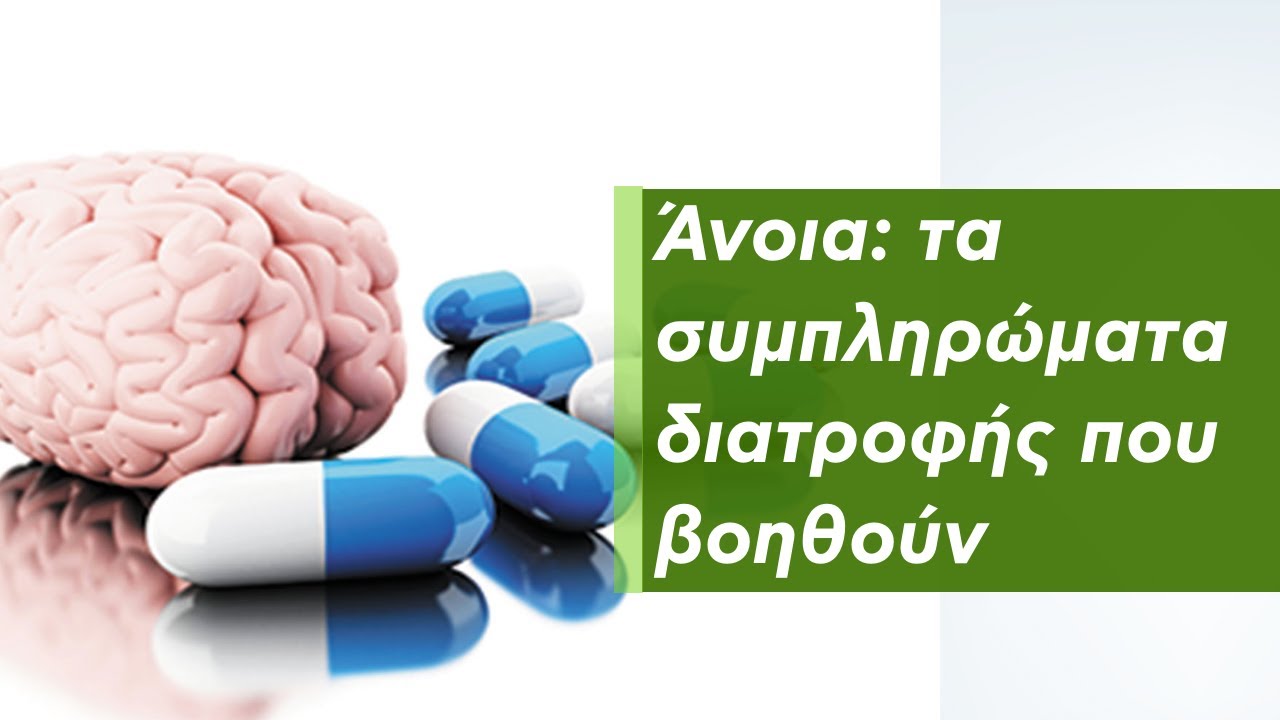

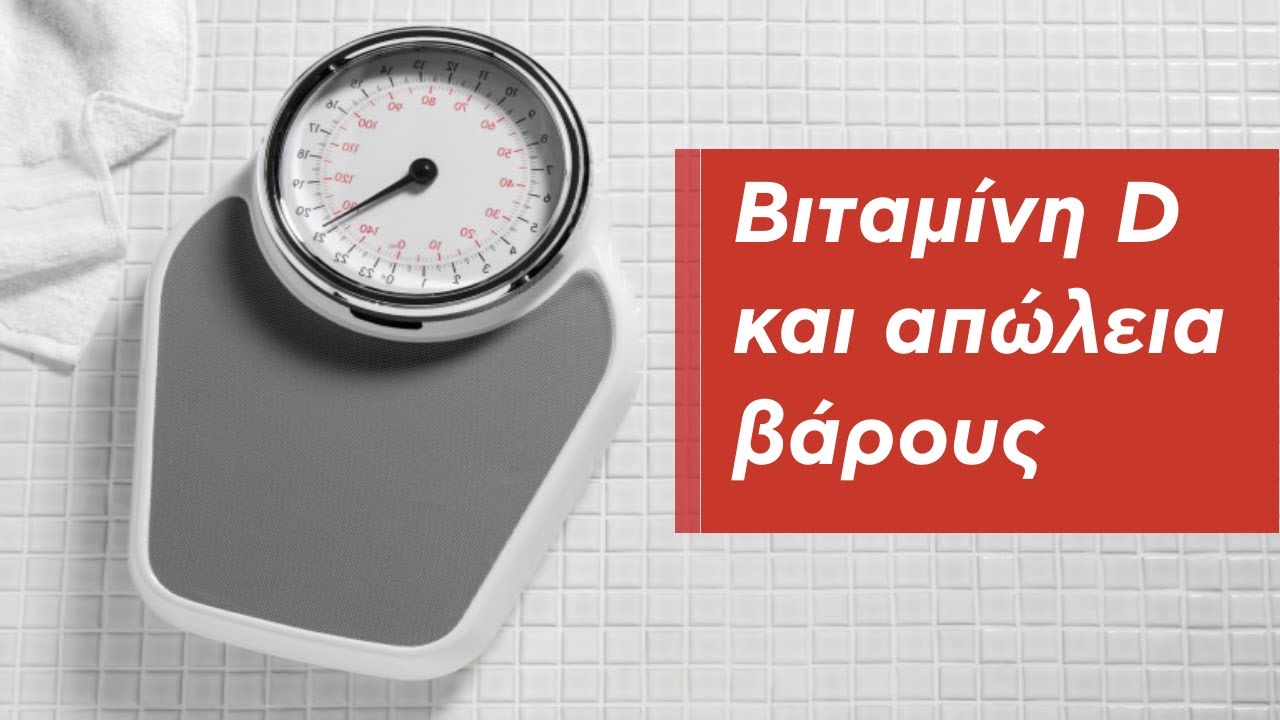







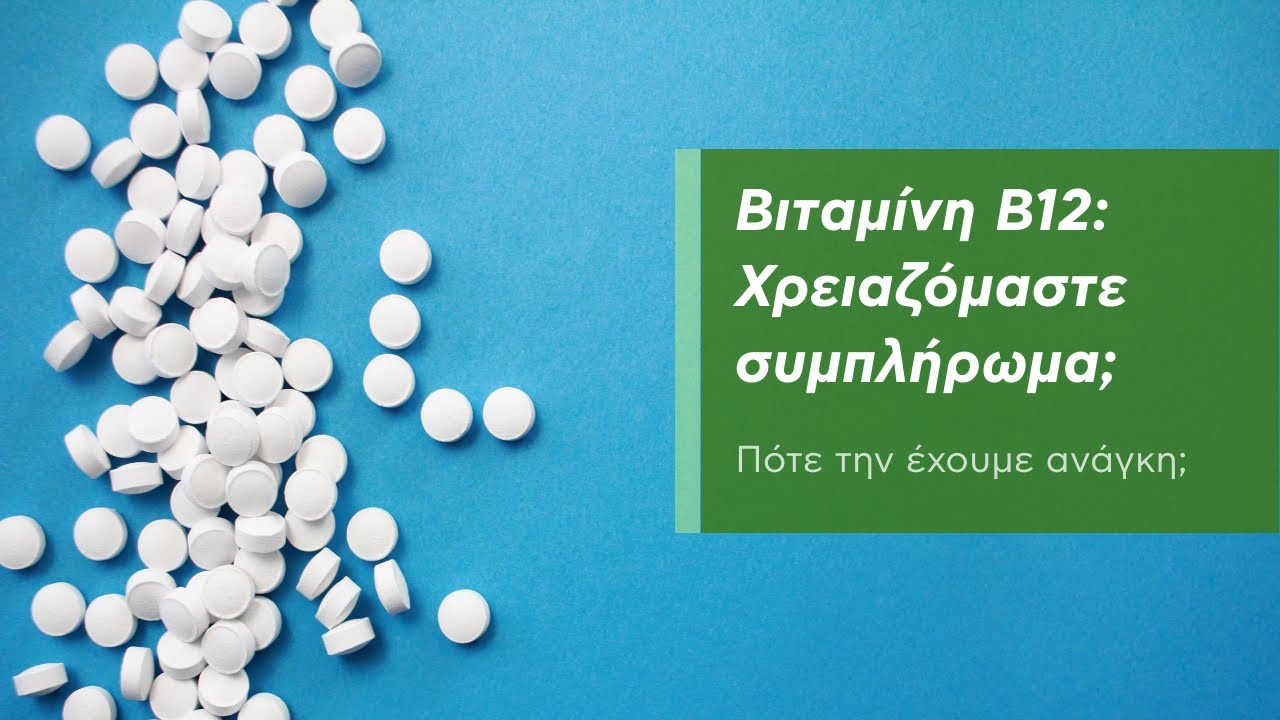

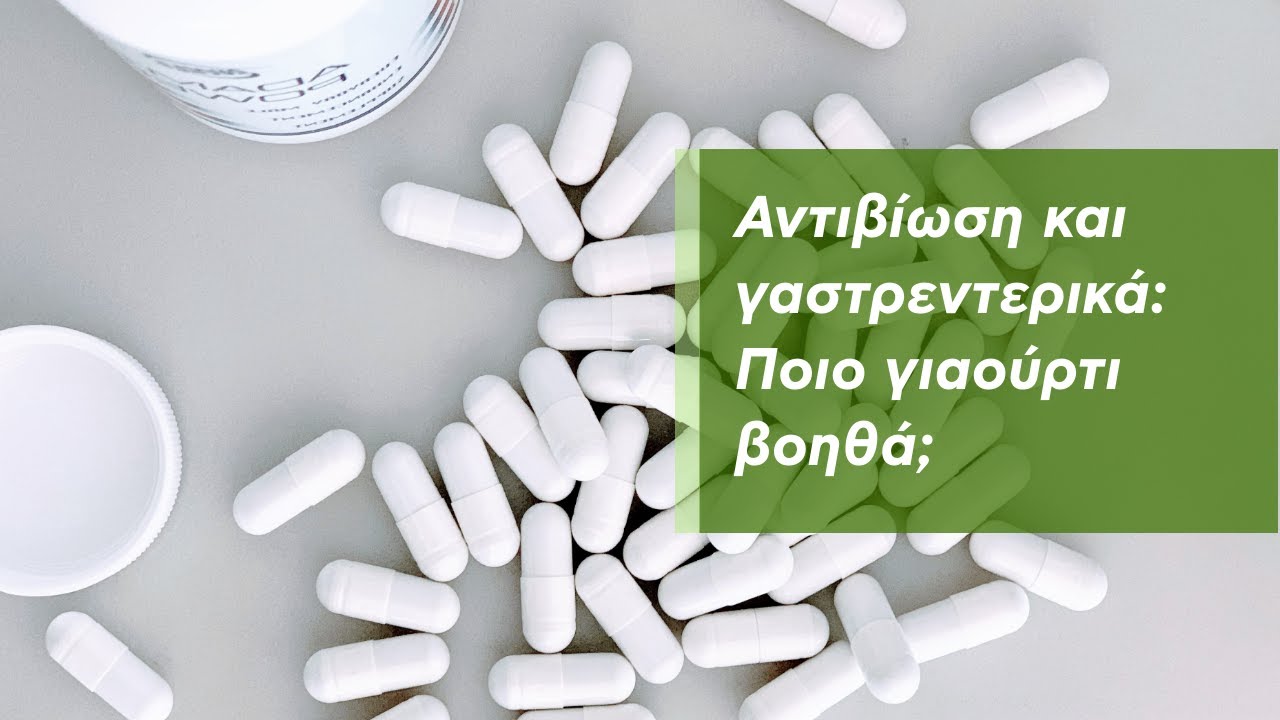









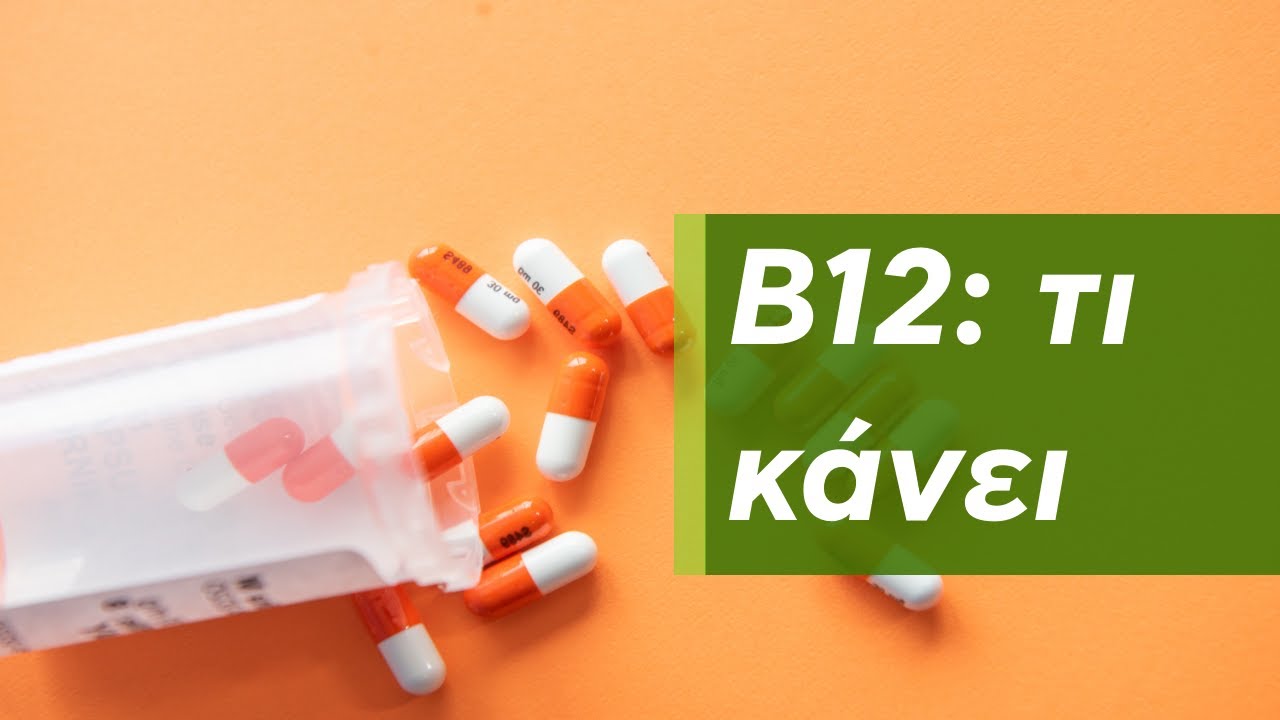



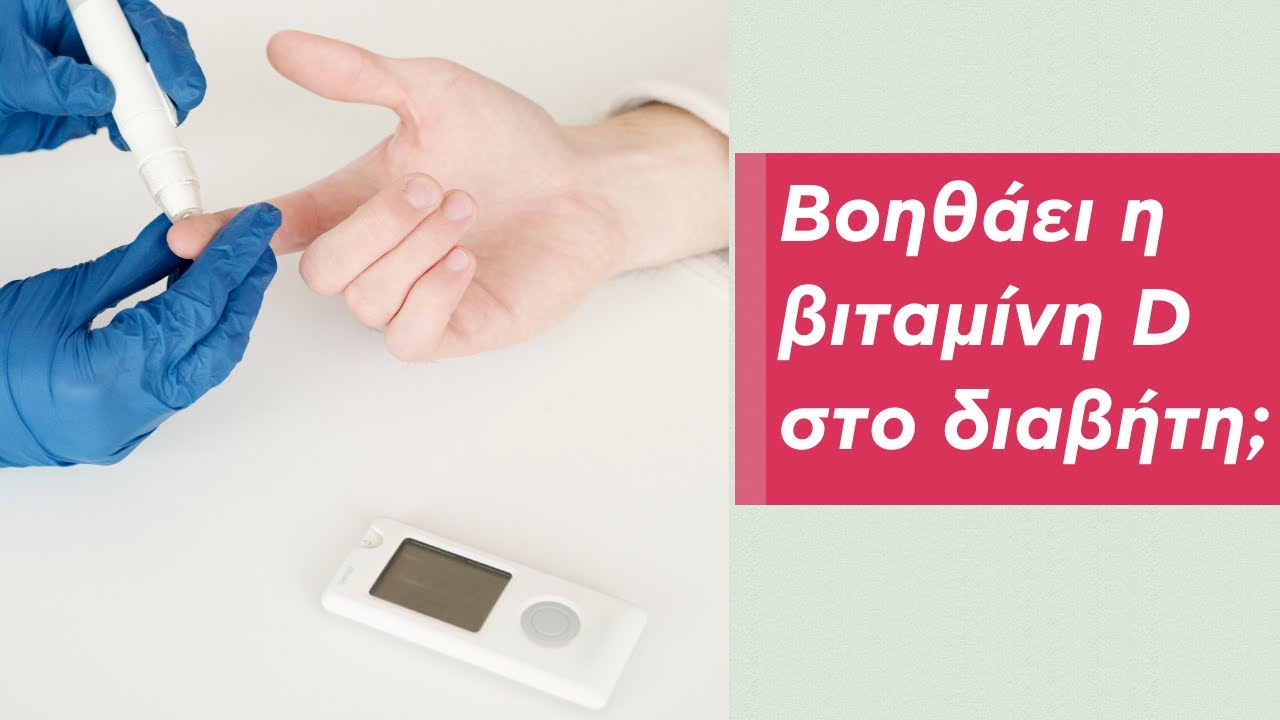

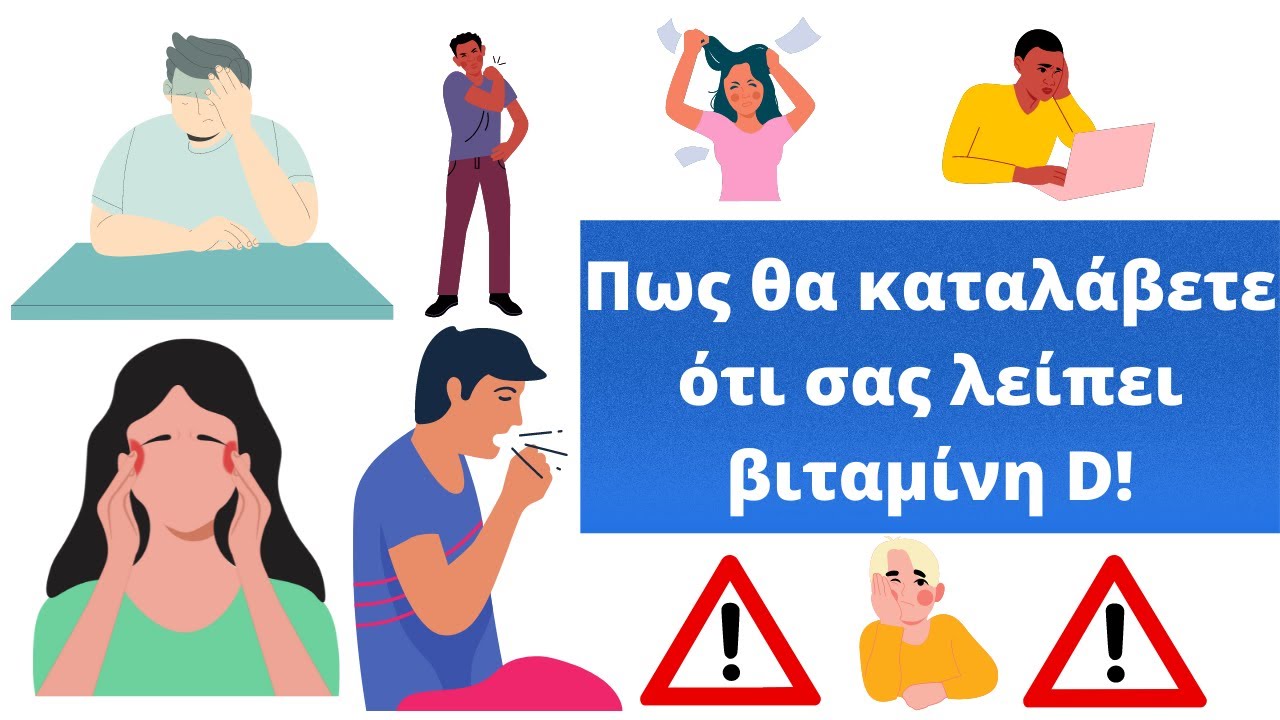

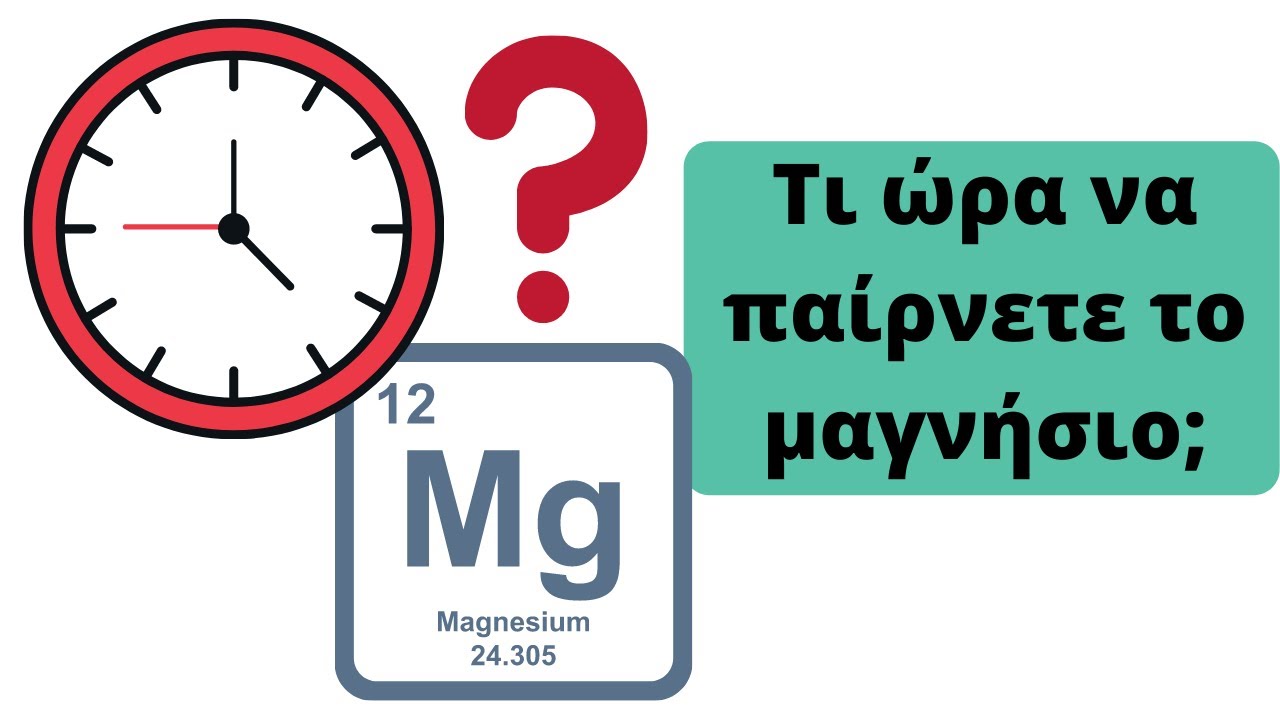

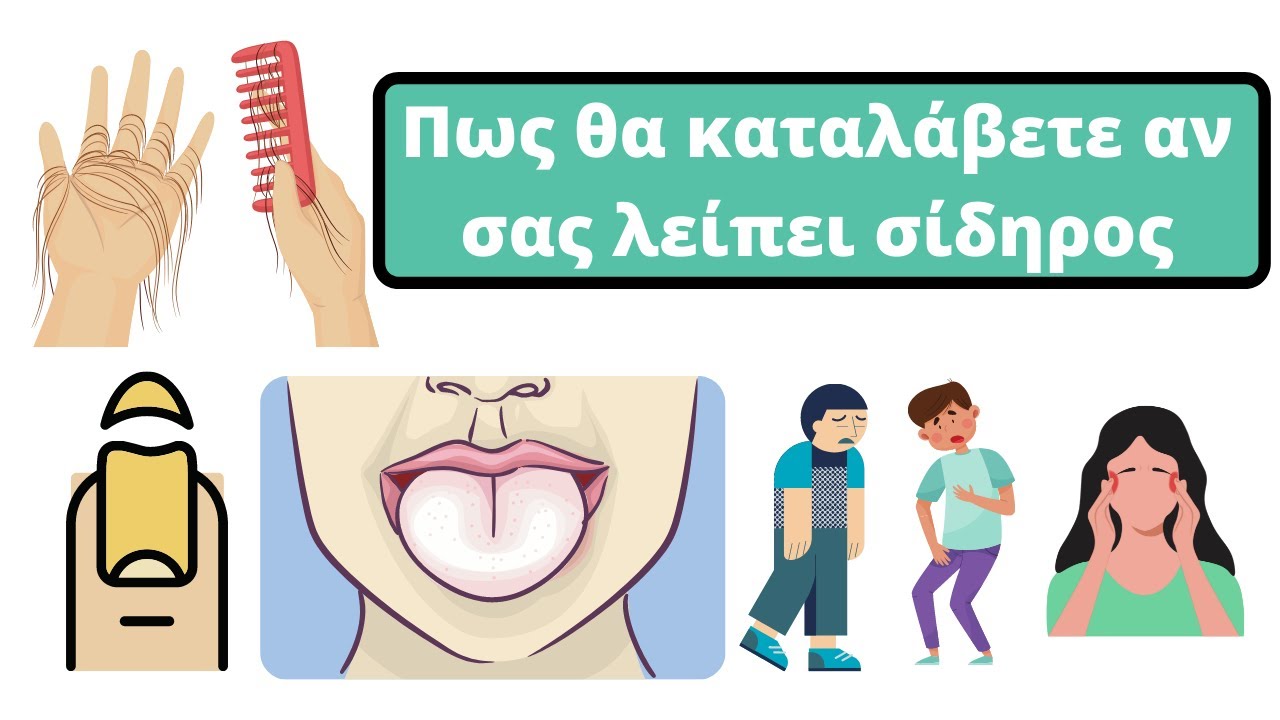
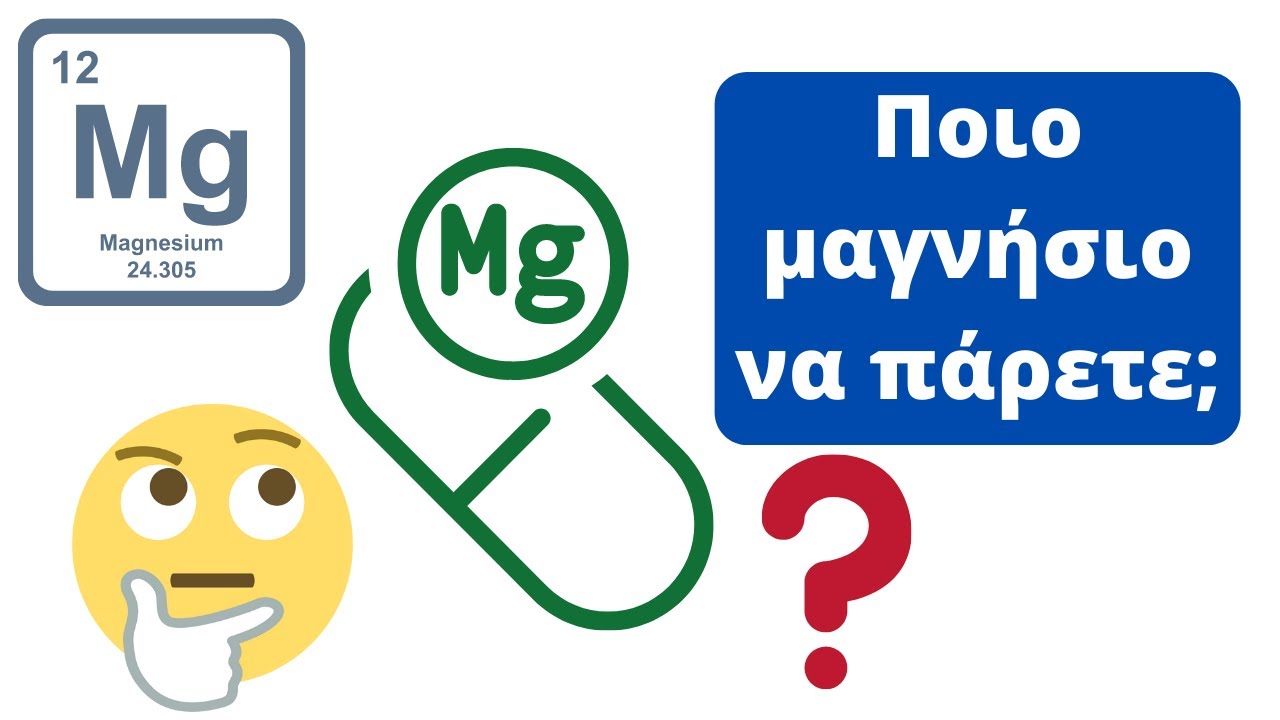





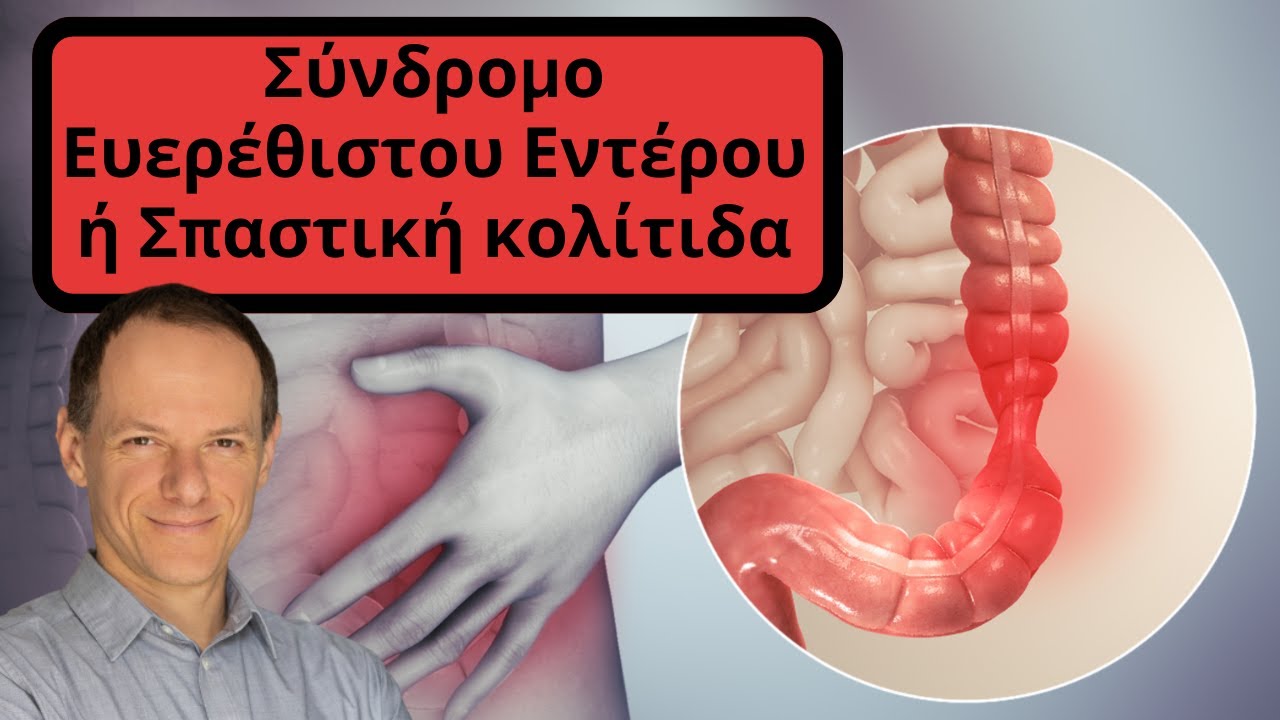


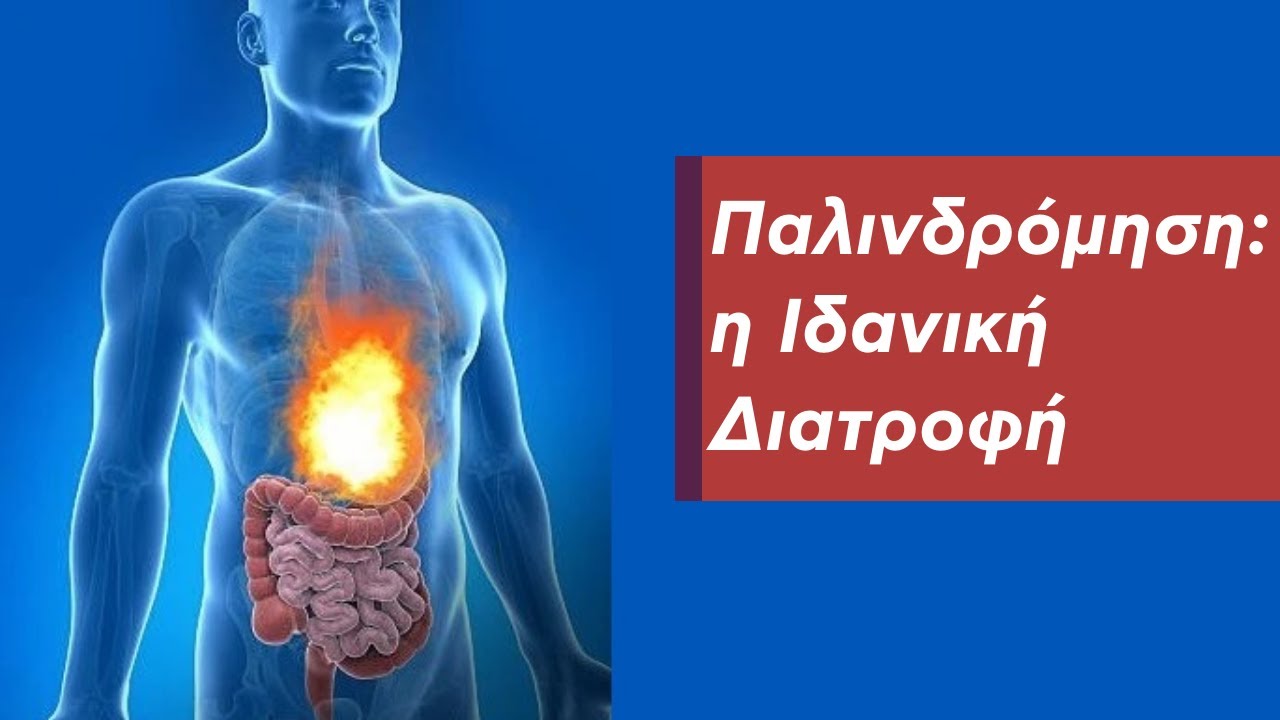
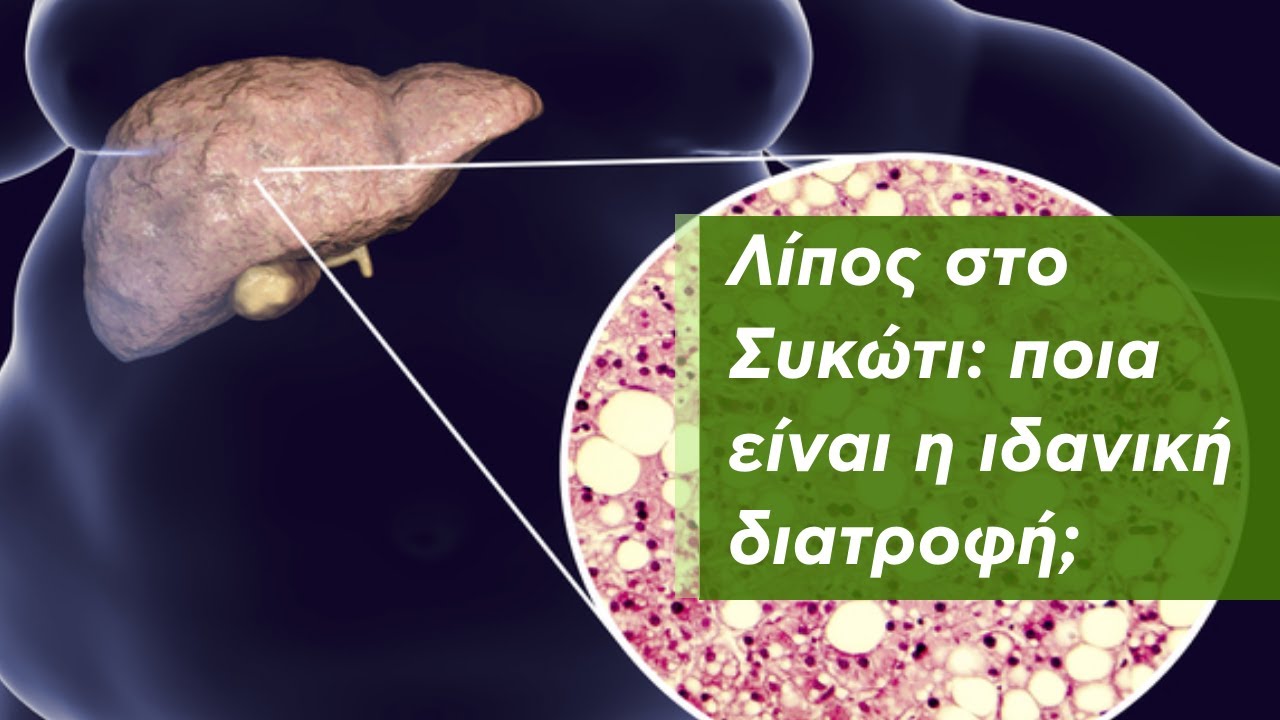







0 Σχόλια